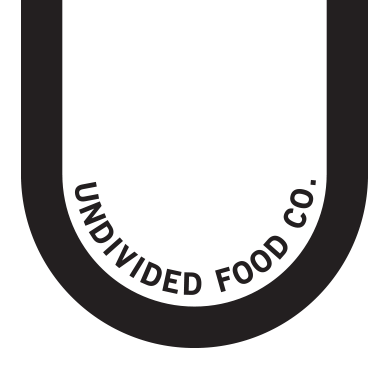GOOD Fats Vs Bad Fats
One of the biggest health concerns associated with the modern diet is the high intake of vegetable oils. Fats and oils are good for you, so long as you are eating the right ones and whilst vegetable oils may sound healthy they are in fact the exact opposite.
Another name for vegetable oils is industrial seed oils which is far more accurate given they are mostly derived from seeds. Common forms are sunflower oil, rapeseed oil and the most popular - canola oil. These oils are cheap, highly processed and are added to pretty much every commercially produced food product on the market, fast food outlets and restaurants.
Unlike animal fats such as butter and ghee and oils made from fruit such as olives and avocado, vegetable/industrial seed oils are a concentrated source of omega-6 polyunsaturated fats. Omega-6 fats are highly unstable and therefore when they come into contact with oxygen, heat and light, toxic chemicals called free radicals are formed. In order to extract the oil from the seeds, they require harsh processing. This often involves high heat extraction, chemical solvents, bleaching and deodorising, causing these free radicals to form in the process. Free radicals cause inflammation, damage to our cells and wreak havoc on our health.
Another issue with omega-6 fats is that when they are consumed in excess to omega-3 fats this also triggers inflammation in the body. The problem is there are far fewer sources of omega-3 fats (found in oily fish like salmon and sardines and to a lesser extent in flaxseeds and chia) making it easy to eat your omega-6’s in excess, especially when consuming them in a concentrated form like vegetable oil and/or a processed diet.
The Vegetable/Industrial Seed Oils you want to avoid include:
X Canola Oil
X Corn Oil
X Rice Bran Oil
X Rapeseed Oil
X Soybean Oil
X Safflower Oil
X Peanut Oil
X Sesame Oil
X Cottonseed Oil
So which ones are the GOOD fats?
The following oils are a great source omega-3 fatty acids. Being a type of polyunsaturated fat, they are similar to omega-6 fats in that they are unstable and therefore should never be heated. However, when consumed raw or in their cold pressed form, they are anti-inflammatory and great when used on salads, veggies or added to smoothies.
Flaxseed Oil
Hemp Seed Oil
Nut Oils such as Walnut Oil
The following fats are forms of monounsaturated fats which are linked with reduced risk of heart disease and cancer and a key characteristic of the health prompting Mediterranean Diet. These types of fats are packed with antioxidants with anti-inflammatory properties. Use these when cooking at low-medium heat or raw on salads and veggies.
Extra Virgin Olive Oil / Olive Oil
Avocado Oil
Saturated fats for years were given a bad name as they were falsely accused of causing heart disease. However, research has since proved this theory wrong and they are now regarded as a healthy form of fat when consumed in moderation and part of a balance diet. Saturated fats are stable at high heats making them great for cooking. Examples include:
Grass Fed Butter or Ghee
Coconut Oil
Grass Fed Beef Tallow

